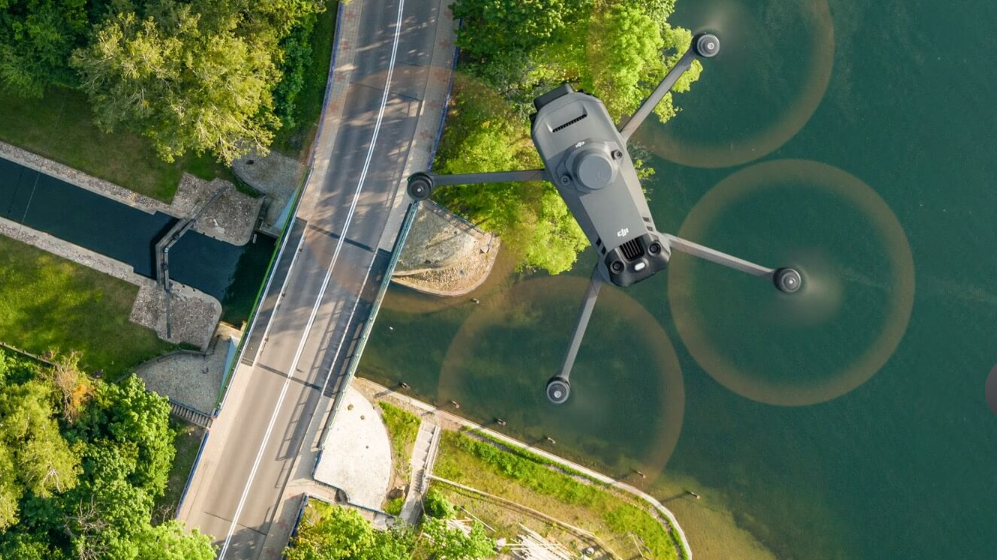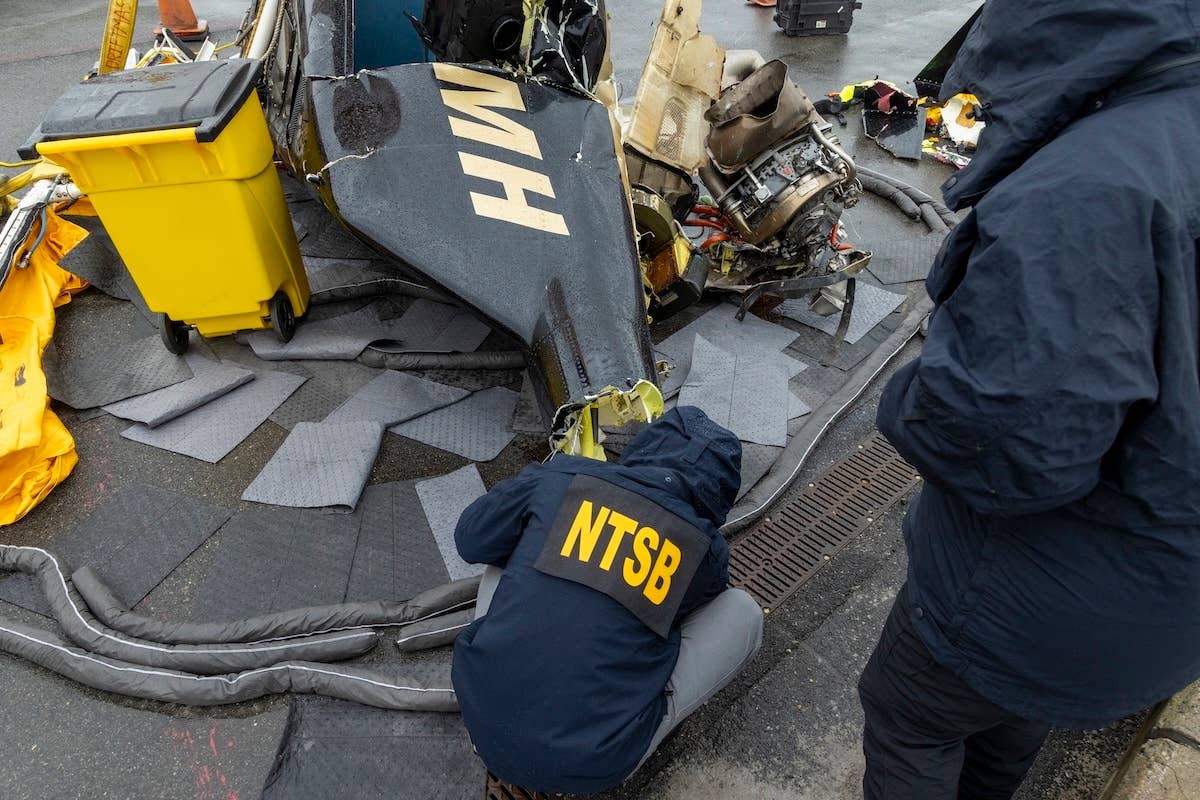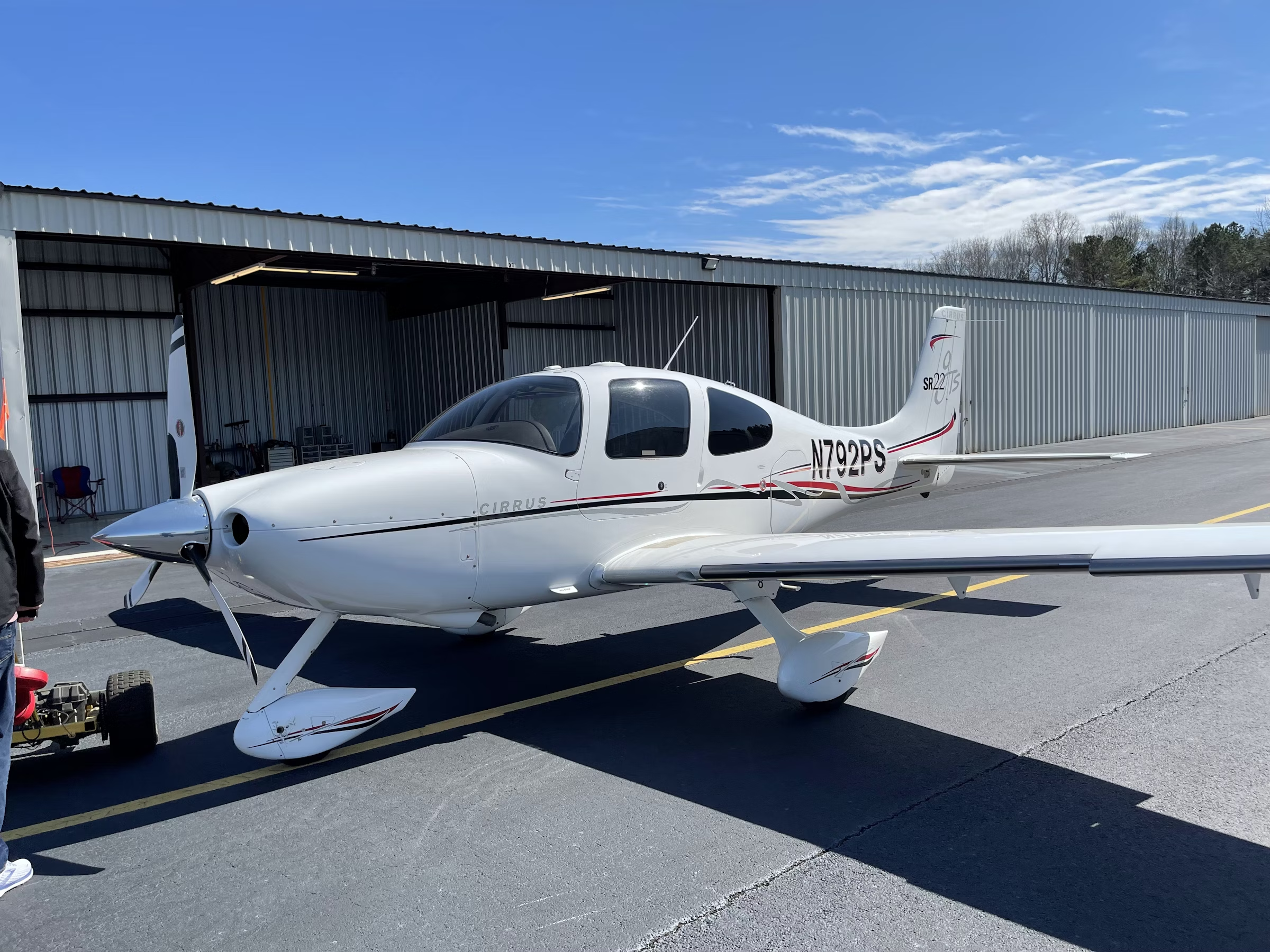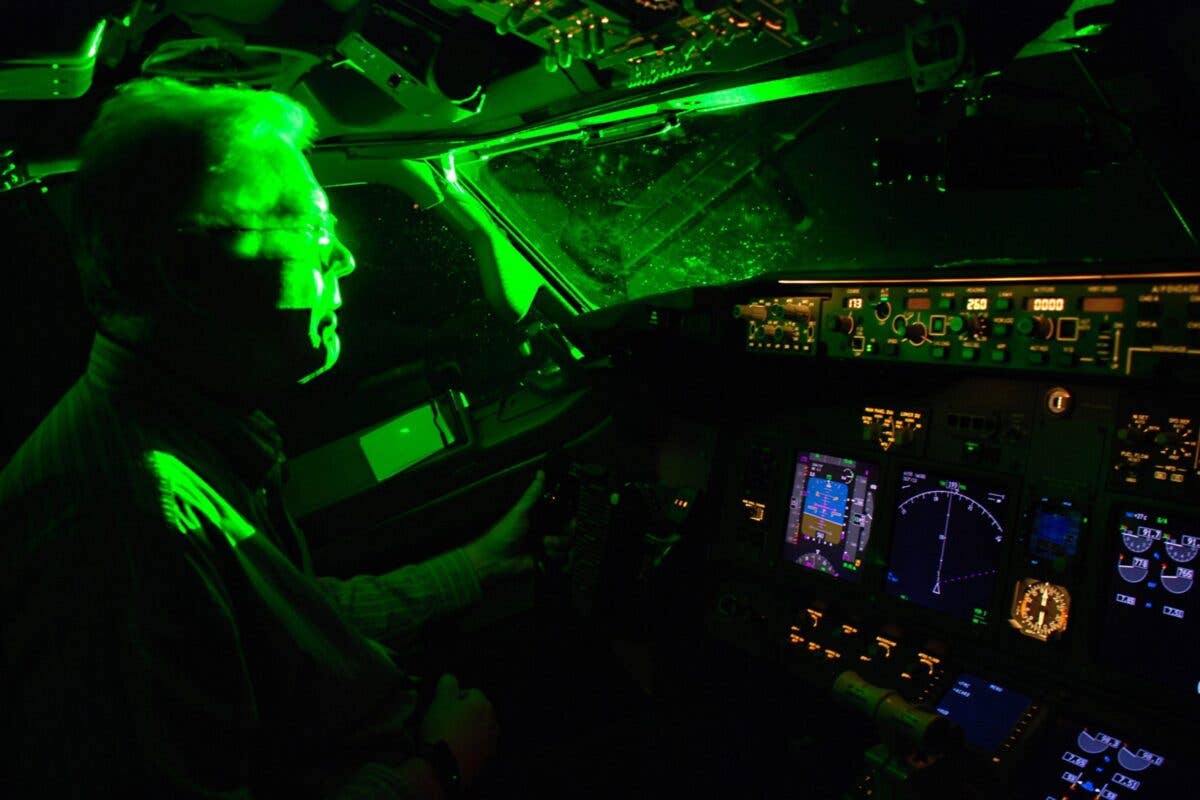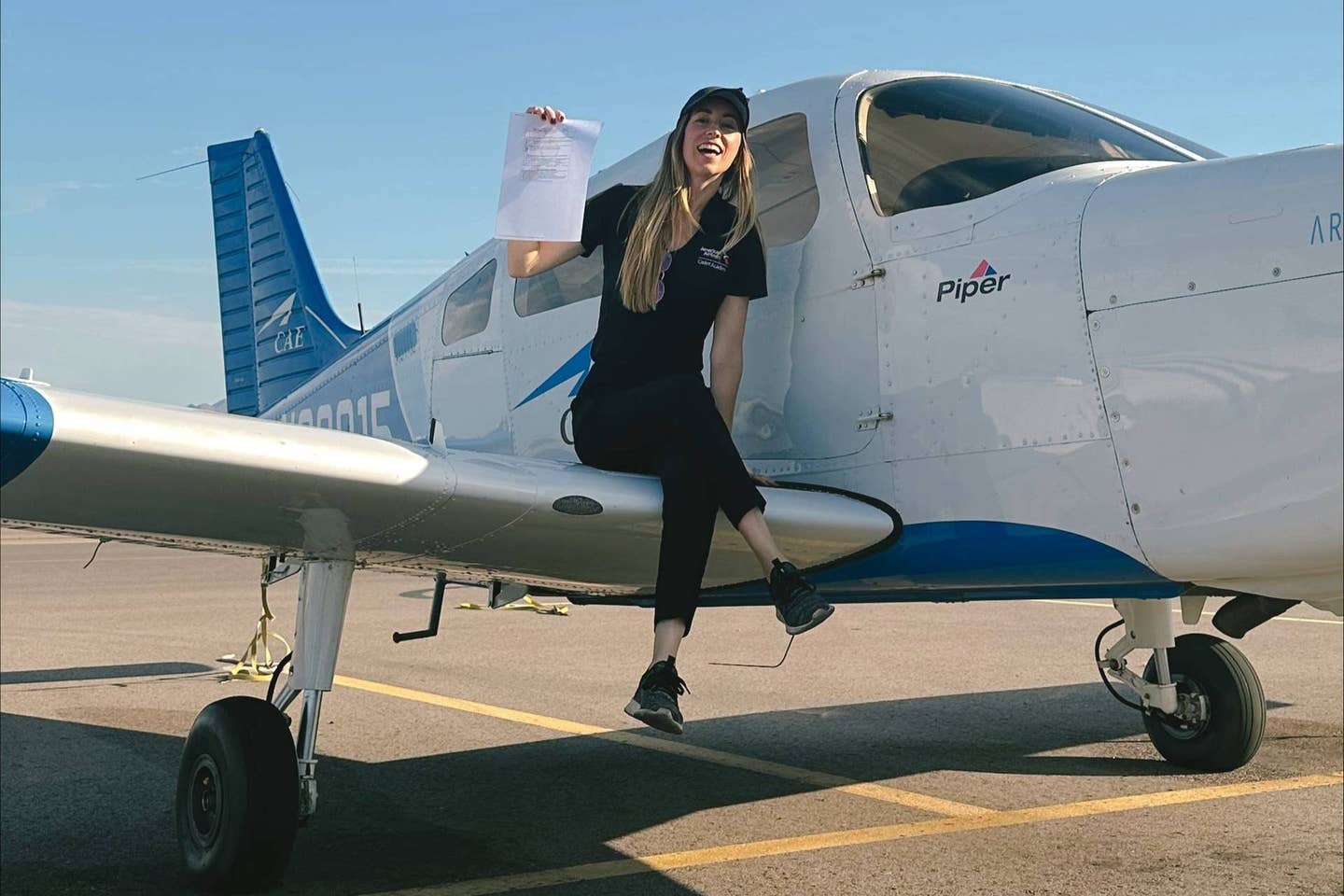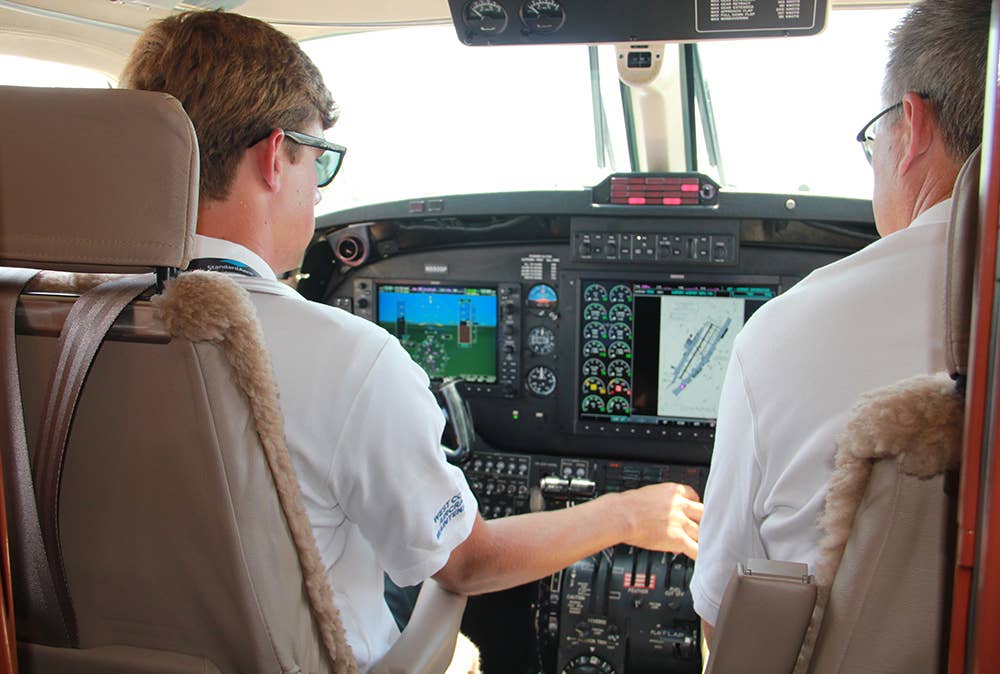Google’s Wing to Use Drones to Fly Blood Between London Hospitals
The drone delivery provider is working with medical logistics firm Apian and the U.K.’s National Health Service (NHS) to launch a six-month trial.

Wing delivery drones will transport blood samples between two hospitals in central London within two minutes or less. [Courtesy: Wing]
The U.K.’s National Health Service (NHS) is backing a historic drone delivery trial to transport urgent blood samples in the heart of London.
On Monday, the Guy's and St Thomas' NHS Foundation Trust (GSTFT) announced a partnership with Wing, the drone delivery arm of Google parent Alphabet, and Apian, the developer of an application programming interface (API) for medical logistics founded by former NHS doctors, to move blood between two hospitals in less than two minutes. The U.K.’s Civil Aviation Authority (CAA) has approved an airspace corridor between the hospitals and will regulate the trial.
The six-month program, expected to begin in the fall, will serve Guy’s Hospital and St Thomas’ Hospital in central London. According to GSTFT, moving samples between the sites can take more than half an hour by van or bike courier. But per a study in the British Journal of Haematology, transporting blood by drone is just as safe as doing so by ground vehicle.
“The drone pilot combines two of our key priorities—providing the best possible patient care and improving sustainability,” said professor Ian Abbs, CEO of GSTFT.
Howard Dawber, the deputy mayor of London for business and growth, also praised the service.
Wing and Apian have been delivering surgical tools and other medical supplies in Dublin since July. In addition to those Ireland services, Apian has delivered chemotherapy treatment to cancer patients for the Isle of Wight NHS Trust and is working with Zipline to expand a prior trial for the Northumbria Trust.
In London, Wing drones will transport blood samples taken from patients awaiting surgery who are at risk of complications due to bleeding disorders. The aircraft are expected to slash delivery times, allowing NHS technicians to more quickly analyze the sample and determine if the procedure is safe.
The fully electric aircraft—which have completed more than 400,000 deliveries worldwide to date—also figure to reduce emissions while alleviating some ground traffic.
“Drones can increase the responsiveness and resilience of healthcare logistics, allowing clinicians to be more productive and patients to get the care they need sooner,” said Dr. Hammad Jeilani, co-founder of Apian.
Wing drones will transfer samples on demand, flying between the two hospital rooftops at over 60 mph and 200 feet in the air—high enough, Wing says, that their buzzing will blend into the city’s soundscape. The aircraft can tolerate moderate rain and wind. Per Apian, they will carry about 2.2 pounds, so it appears the service will not use Wing’s newer model, which can carry up to 5 pounds.
The drones are largely automated and will follow predetermined routes overseen by a remote pilot, similar to Wing’s U.S. service. Flights will take place during daytime hours from 9 a.m. to 4 p.m. local time, Monday through Friday, with no more than 10 trips per day.
The drones are equipped with low-resolution cameras, but according to Wing, no live feed is available, even for its own pilots.
According to Apian, the trial could expand to fly a wider range of “pathology items, medicines and supplies.” In addition to Guy’s and St Thomas’, GSTFT operates three other main hospitals, which could be candidates for an expansion.
“This is one of the many reasons that we are working with companies through our sandbox trials programme, to enable the test and development of pioneering new aviation technology in the U.K.,” said Sophie O’Sullivan, director of the CAA’s Future of Flight program.
Drone delivery is being bolstered by U.K. leaders at the highest levels. The country’s Department for Transport, for example, in March released its Future of Flight Action Plan, a blueprint to make drone deliveries routine by 2027.
Part of that plan is the CAA’s Future Flight Challenge, a nearly $400 million initiative that funds a variety of drone delivery projects. The CAA has already authorized several trials under the program to study drones for inspections, emergency services, and policing. In August, the regulator selected six participants, including Amazon’s Prime Air, for an upcoming round of trials.
The U.K. government has also poured over $9 million into Project CAELUS, which uses drones to deliver medical supplies in Scotland, while the Royal Mail is exploring parcel delivery by drone.
Like this story? We think you'll also like the Future of FLYING newsletter sent every Thursday afternoon. Sign up now.

Sign-up for newsletters & special offers!
Get the latest FLYING stories & special offers delivered directly to your inbox

